EARLI 2023
JURE 2023
The 27th JURE 2023 Pre-Conference invites Junior Researchers from around the world to engage in compelling discussions on educational research. JURE 2023 offers early career researchers a first academic conference experience and the opportunity to meet colleagues from across the globe.
EARLI 2023
The 20th Biennial EARLI Conference is hosted by the Aristotle University of Thessaloniki and the University of Macedonia, Greece. Participants are encouraged to present results and ideas on state-of-the-art research in learning and instruction, specifically around the topic "Education as a Hope in Uncertain Times".
Video credits: Thessaloniki Convention Bureau
Video editing: SYMVOLI
THEME
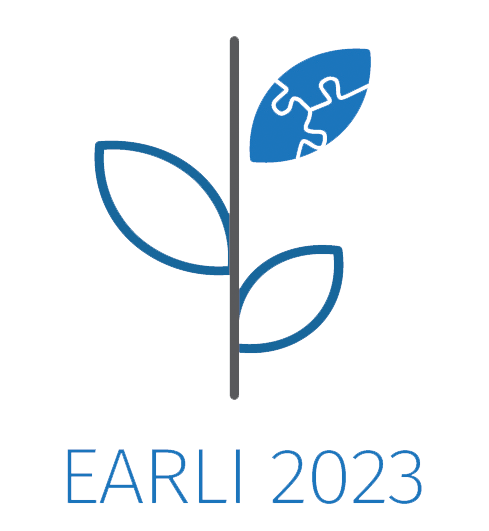
"Education as a hope in uncertain times"
We are living in times when seemingly apparent certainties appear to be challenged by phenomena such as technological advancements, rapid transformations of the labor market, ‘redefinition’ of human communication, migration and population mobility, socioeconomic downturns, political instability, and democratic values under dispute. Education per se is constantly changing, modifying or redefining learning and teaching environments from very early age through the life span.
Education was highly disrupted and the learning process massively changed from face-to-face to online. Students, teachers, and parents face several challenges, in coping with these changes and in adapting to these new societal, economic, and educational settings.
VENUE / ACADEMIC COMMUNITY
Thessaloniki is the largest academic hub and research center in Greece. Its 150K strong academic community comprises of 3 major public universities, including the largest in SE Europe, 9 international private colleges, 9 world respected science centers, 4 major incubators, the biggest ones in Greece, and a vibrant startup community.

Aristotle University of Thessaloniki (AUTh) is the largest university in Greece and SE Europe founded in 1925 (about 80,000 undergraduate and postgraduate students currently study in AUTh). AUTh is widely recognized as a vibrant center of learning and research which draws its inspiration from a long tradition of academic achievement. It is a comprehensive institution with 41 Faculties and Schools covering all scientific fields, ranging from natural and technological to social and health sciences, arts, and humanities. AUTh has a strong international profile being actively involved in European and international networks.
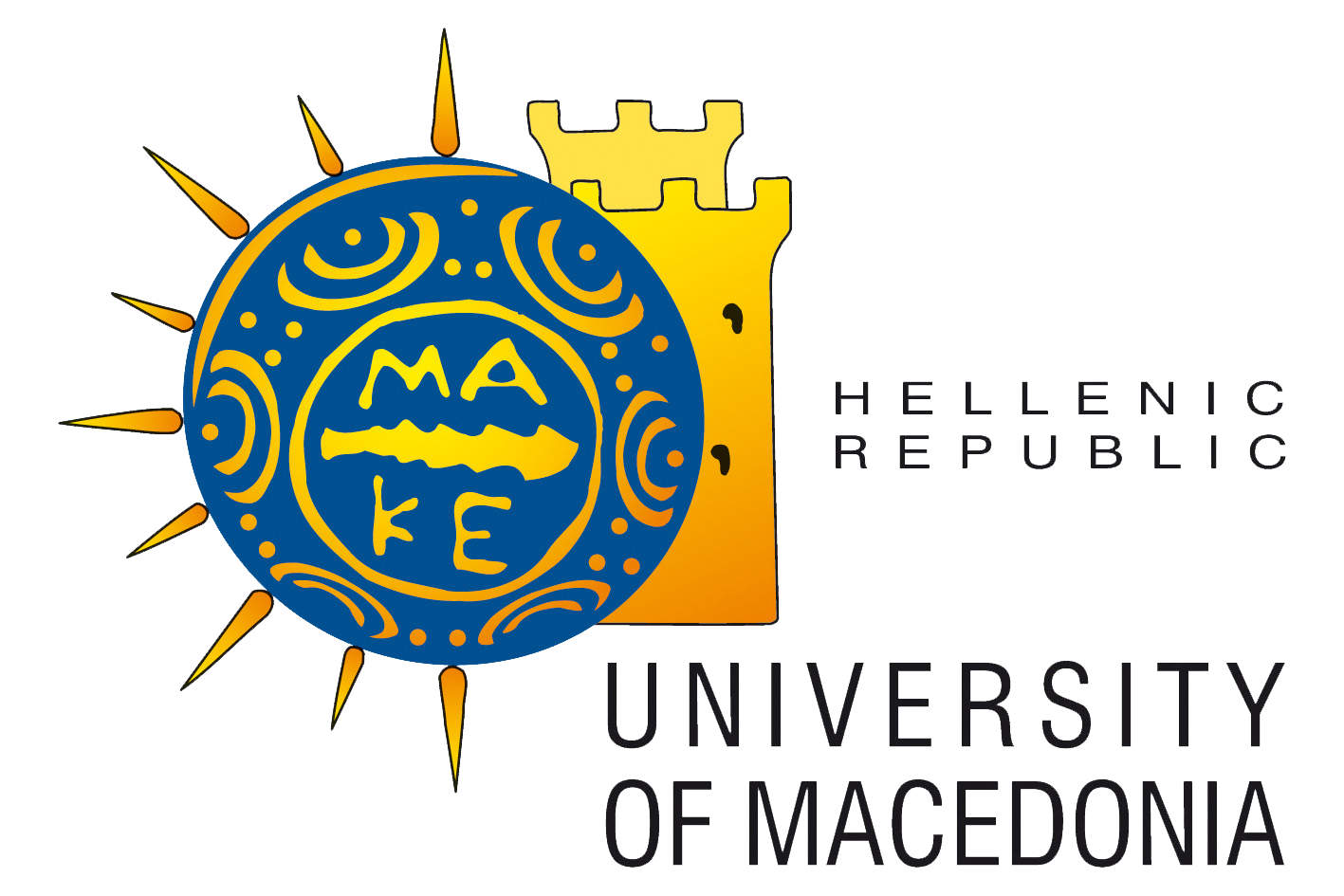
University of Macedonia (UoM) comprises 8 Departments (with about 10.000 students) specializing in economic and social sciences. Now in its 7th decade of operation, UoM is developing into an extroverted, innovative, and bold academic institution whose priority is to deliver efficient teaching and research on clear and transparent quality -criteria. It is a well-organized institution, functional and environmentally-friendly, committed to the welfare of its -students, acknowledged by the local and the international community.
DESTINATION
Thessaloniki, Greece’s second tier city and capital of the region of Central Macedonia is located on the Thermaic Gulf at the northwestern corner of the Aegean Sea. It is a lively and generous urban center that is both historic and avant-garde.
Named after the sister of Alexander the Great, daughter of Phillip II, back at the beginning of the Hellenistic times, Thessaloniki has always been the epicenter of great development and events, being a principal gateway from the Mediterranean to the Balkans and Central Europe. Throughout its history Thessaloniki has been a melting pot of diverse cultures, religions and traditions and the city’s multi-cultural heritage and profile were shaped by the work and deeds of emperors, saints, apostles, philosophers and thinkers, but also by its local residents, its refugees and immigrants.
Thessaloniki, sometimes covered by the thick mist, sometimes stormed by the heady wind “Vardaris”, yet always defined by its flairs and flavors, is now adays an economic, educational, and cultural center, a focal point for the Balkans and a geographic landmark between the eastern & western civilization, bridging North and South, East and West. Suffused with stories of joy and sorrow of the past, today the city enjoys a vibrant urban life, stimulated by the largest student community in Greece, the offerings of numerous museums and other cultural organisations, and enhanced by the exquisite physical location that through time has enabled openness and inspiration.
EARLI 2023 has two main local host organisations. The Aristotle University of Thessaloniki is the largest university in Greece (over 80.000 students) and is internationally recognized as a dynamic center of learning and research. The University has hosted a great number of international conferences and scientific meetings in all thematic areas very successfully. The University of Macedonia is the second university in the city of Thessaloniki specialized in economic and social sciences (over 12.000 students) and organizes various academic initiatives and events throughout the year. Both Universities have contributed Thessaloniki to become a significant academic hub in Southeast Europe, Eastern Mediterranean, and Black Sea countries.
Thessaloniki’s history, academic status and contemporary identity form the context for a hospitable and exciting EARLI 2023 destination: city-centered conference venues, a walk on the waterfront, the city’s atmosphere and famous gastronomy, and many more...
Visit the interactive map of Thessaloniki to get to know its most famous locations.
SUBMISSION TYPES
Submissions for EARLI 2023 have now closed.
Consult the EARLI 2023 Submission Guidelines here.
We welcome the following submission types:
PAPER
Paper sessions consist of four thematically clustered paper presentations, followed by a discussion with the audience. It is important that empirical papers have data and results or they will not be accepted. Theoretical papers, which provide background research, specific evidence, analytical thinking and/or recommendations on specific themes and topics, are also welcome.
Paper sessions are scheduled for 90 minutes. Four presenters are given 15 minutes presentation time followed by 5 minutes for questions. At the end of all presentations there is a 10- minute open discussion.
POSTER
Interactive poster sessions involve five or six posters. A short presentation of about 5 minutes for each poster is given to an audience gathered as a group. After the authors’ brief presentation, an in-depth discussion between them and the audience follows. The poster sessions offer researchers the chance to present their work in a visual format and offer more opportunities for interaction and discussion.
Poster sessions are scheduled for 90 minutes, following the format above. Materials for fixing posters on the walls or poster boards will be provided.
SYMPOSIUM
Symposia provide an opportunity to present research on one topic, often from multiple perspectives, compiling a coherent set of papers for discussion. Symposia sessions are directed by a chair, involving four presenters and one discussant, from at least three different countries. We recommend that each individual submission is checked for its own quality and its relevance and coherence to the topic of the symposium prior to formal submission to EARLI 2023.
A symposium is scheduled for 90 minutes, allowing 15 minutes presentation time per speaker, 10 minutes for the discussant and 20 minutes for open discussion.
ROUNDTABLE
Roundtable sessions offer opportunities for a more discursive exploration of research issues. This may well involve discussion of work in progress. The presenters elaborate on their emerging data and theory, and invite the participants to contribute to a discussion on potential challenges. Three to five presenters will explain and discuss their research one after another.
Roundtable sessions are scheduled for 90 minutes and consist of 3 to 5 thematically clustered roundtables. Each presenter provides a 5-minute presentation, followed by time for questions, equally divided among the number of roundtables per session.
ICT DEMONSTRATION
ICT Demonstrations allow presenters to display, explain and familiarise users with a potentially useful teaching or research tool or method. The presentation may include references to completed research, but the point of the session is to demonstrate the tool, not present the research for criticism. The audience may offer their viewpoints and share their experiences with similar tools or different tools for the same purpose.
ICT Demonstrations are scheduled individually for 90 minutes.
WORKSHOP
Workshops provide an opportunity to familiarise participants with some aspect of research or teaching practice, so that questioning and discussion are suitably informed. Learning-by-doing occupies most of the session, and any presentations are brief. Providing adequate time for reflective discussion is important.
Workshops are scheduled individually for 90 minutes.
REGISTER
Please note that membership is required to join the EARLI 2023 and/or JURE 2023 conferences. The fees mentioned below do not include your membership dues.
Registrations will open in February 2023.
| Early Bird Fee | Standard Fee | |
| EARLI 2023 | ||
| Regular Rate | € 400 | € 470 |
| Reduced Rate | € 280 | € 330 |
| JURE 2023 | ||
| Regular Rate | € 60 | € 60 |
| EARLI + JURE 2023 | ||
| Regular Rate | € 460 | € 530 |
| Reduced Rate | € 340 | € 390 |
The reduced rate applies to JURE members, Longstanding members and EARLI members currently working in low GDP countries (consult the list of qualifying countries). Also included in these rates are SIG Coordinators, EC members, Past Presidents of EARLI and JURE 2023 workshop leaders.
The regular rate applies to full EARLI members who do not meet the requirements for the reduced rate, as described above.
Conference fees include access to all conference sessions, coffee breaks and lunches and the opening reception. Fees do not include tickets for the conference dinner or a printed programme book, which can be purchased together with your conference registration.
KEYNOTE SPEAKERS
Meet the EARLI 2023 Keynote Speakers on our YouTube channel, as they introduce their upcoming talk!
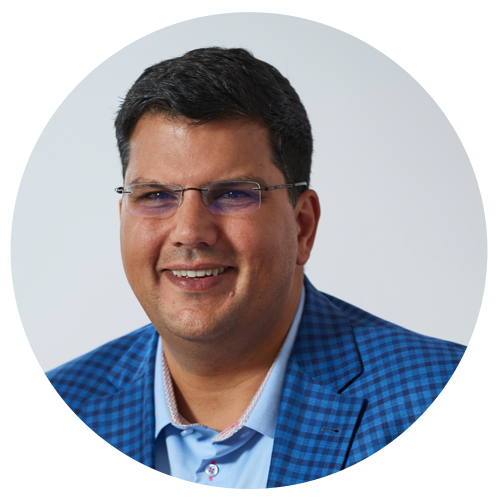
Prof. Dr. Daniel Ansari
University of Western Ontario (CA)
Numbers, Brains, Development and Education: Progress, Challenges and Promise
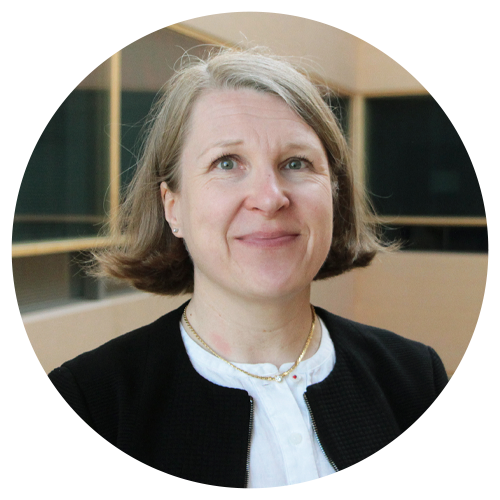
Prof. Dr. Pirjo Aunio
University of Helsinki (FI)
Individual Differences in Early Numeracy, Executive Functions, Motor Skills and Physical Activity
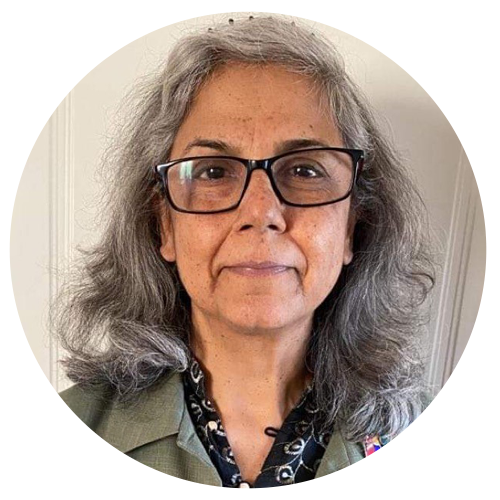
Prof. Dr. Sangeeta Bagga-Gupta
University of Jönköping (SE)
On the Necessity of Major and Minor Synvändor in the Educational Sciences
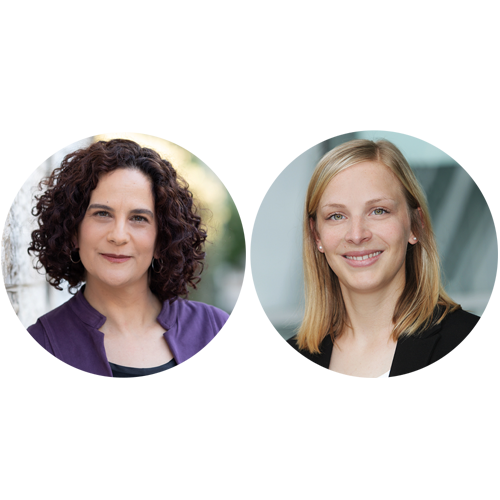
Prof. Dr. Sarit Barzilai / Dr. Eva Thomm
Uni. of Haifa (IL) / Uni. of Erfurt (DE)
Dealing with Disagreement: Coming to Terms with the Social Nature of Knowledge
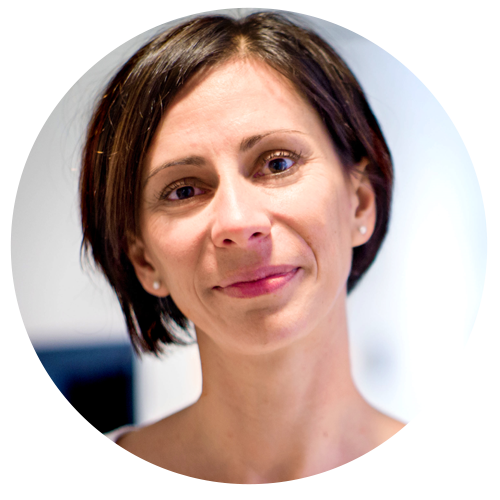
Assoc. Prof. Crina Damsa
University of Oslo (NO)
Together for Learning: Understanding the Ecosystem of Collaborative Learning
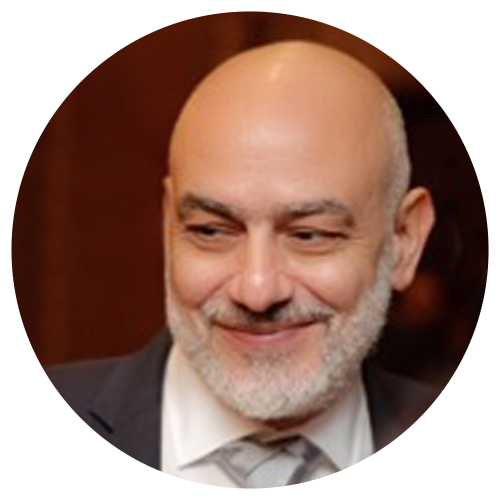
Prof. Dr. Nikos Makris
Democritus University of Thrace (GR)
Consciousness as a Compass for Navigating Learning in Uncertain Times
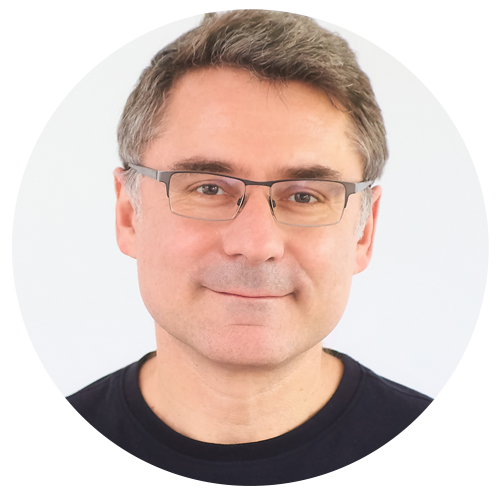
Prof. Dr. Matthias Nückles
University of Freiburg (DE)
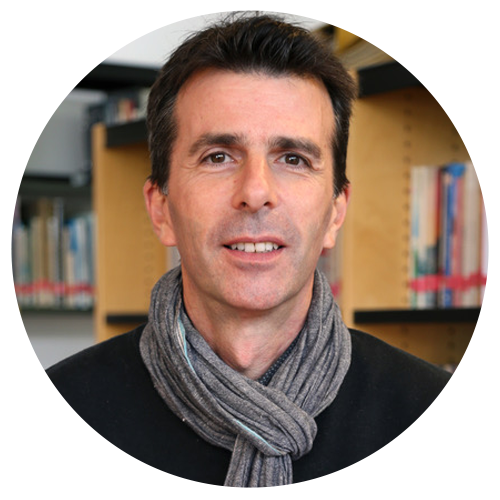
Prof. Dr. Thierry Olive
University of Poitiers (FR)
Learning to Master Writing: Coping with the Cognitive Demands of Writing Processes
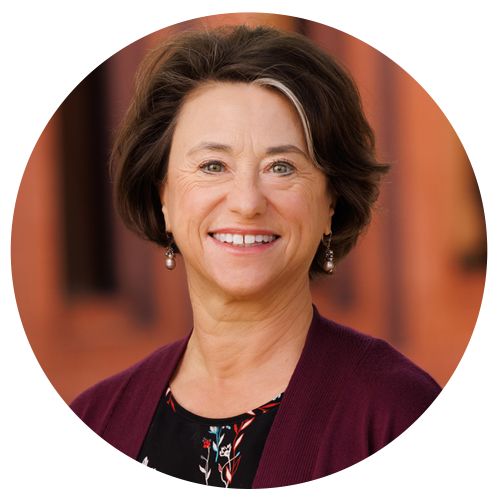
Prof. Dr. Gale Sinatra
University of Southern California (US)
There Is No Denying It: Motivation and Emotion Play Key Roles in Public Understanding of Science
ACT AS A REVIEWER
The EARLI 2023 reviewers help to ensure the scientific quality of the conference. The review process is the most important aspect of organising the EARLI conference, as the outcome of this process will determine the quality of the participants' experience.
You can sign up to act as an EARLI 2023 reviewer through your EARLI account, either immediately following your submission or via 'my reviews'.
EARLI 2023 COMMITTEE
Conference President
Eleftheria N. Gonida, Professor, School of Psychology, Aristotle University of Thessaloniki
Conference Vice President
Maria Platsidou, Professor, Department of Educational and Social Policy, University of Macedonia
Conference Management Team
SYMVOLI Conference & Cultural Management
Vicky Papadimitriou, Project Coordination
Anneta Pavloudi, Project Management
Maria Stoimenou, Project Management
International Programme Committee
Eleni A. Kyza, EARLI President
Lucia Mason, EARLI President-Elect
Tijs Rotsaert, EARLI Secretary-Treasurer
Roger Säljö, EARLI 2021 Conference President
Judith Franken, EARLI and JURE 2019 Conference Manager
Kerstin Helker, JURE 2019 Conference Chair
Local Organising Committee
Anastasia Alevriadou, Professor, School of Psychology, Aristotle University of Thessaloniki
Elisavet Chrysochoou, Assistant Professor, School of Psychology, Aristotle University of Thessaloniki
Vassiliki Giannouli, Assistant Professor, Department of Educational and Social Policy, University of Macedonia
Zoe Kantaridou, Ph.D, University of Macedonia
Lefkothea Kartasidou, Associate Professor, Department of Educational and Social Policy, University of Macedonia
Panayiota Metallidou, Professor, School of Psychology, Aristotle University of Thessaloniki
National Scientific Committee
Athanasios Aidinis, Professor, School of Primary Education, Aristotle University of Thessaloniki
Konstantinos Bikos, Professor, School of Philosophy and Education, Aristotle University of Thessaloniki
Fotini Bonoti, Professor, Department of Early Childhood Education, University of Thessaly
Vasilia Christidou, Associate Professor, Department of Early Childhood Education, Aristotle University of Thessaloniki
Eirini Dermitzaki, Professor, Department of Early Childhood Education, University of Thessaly
Despina Desli, Associate Professor, School of Primary Education, Aristotle University of Thessaloniki
Nikolaos Fachantidis, Associate Professor, Department of Educational and Social Policy
Vasilis Grammatikopoulos, International Hellenic University
Domna-Mina Kakana, Professor, School of Early Childhood Education, Aristotle University of Thessaloniki
Alexandra Karousou, Assistant Professor, Department of Early Childhood Education, Democritus University of Thrace
Ioulia Ntousi, Ph.D, Department of Early Childhood Education, Democritus University of Thrace
Dimitrios Pnevmatikos, Professor, Department of Primary Education, University of Western Macedonia
Dimitrios Stamovlasis, Associate Professor, School of Philosophy and Education, Aristotle University of Thessaloniki
IMPORTANT DATES
Please consider the following important dates:
-
1 September 2022Submissions Open
-
3 November 2022Submission Deadline (extended)
-
17 January 2023Review Deadline
-
1 February 2023Registrations Open
-
20 February 2023Review Results Announced
-
20 April 2023Early Bird Deadline
-
11 May 2023Presenter Registration Deadline
-
20 - 21 August 2023JURE 2023
-
22 - 26 August 2023EARLI 2023






